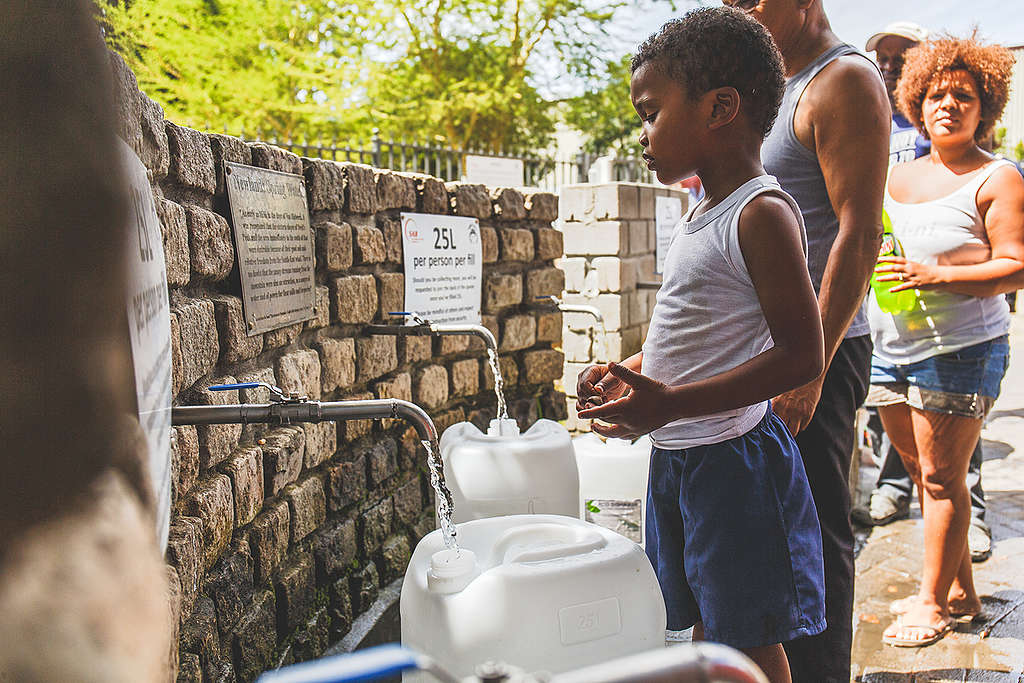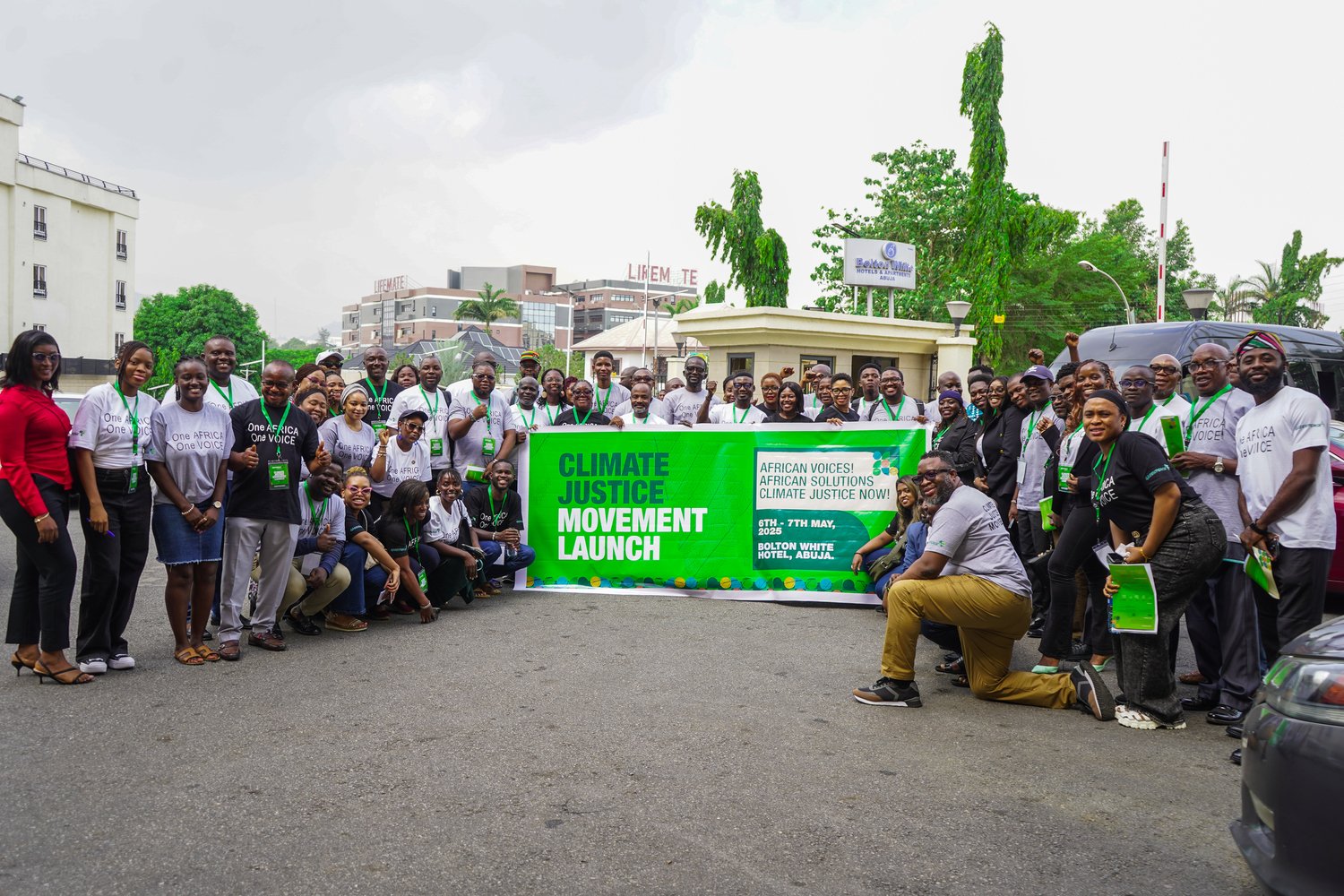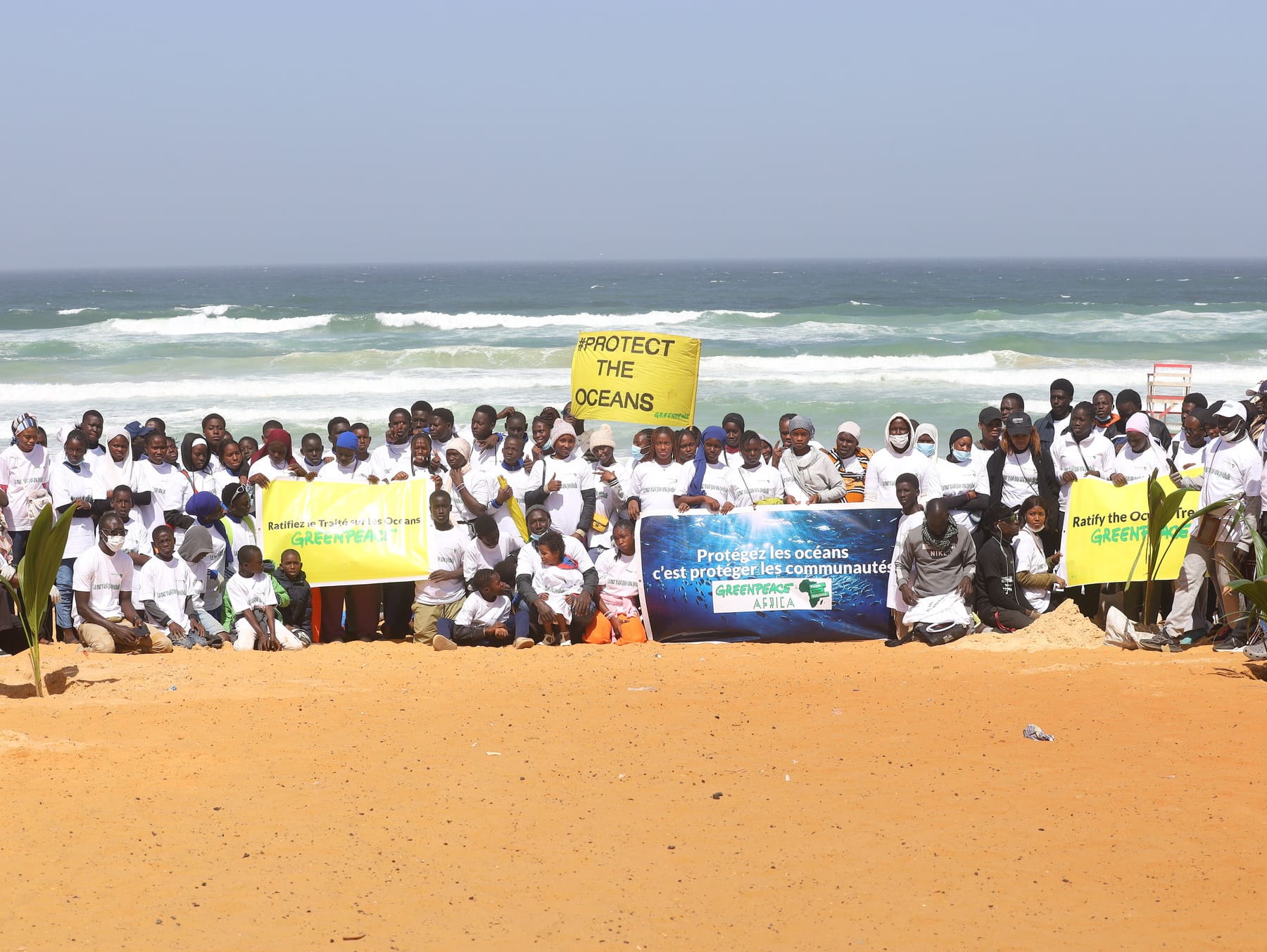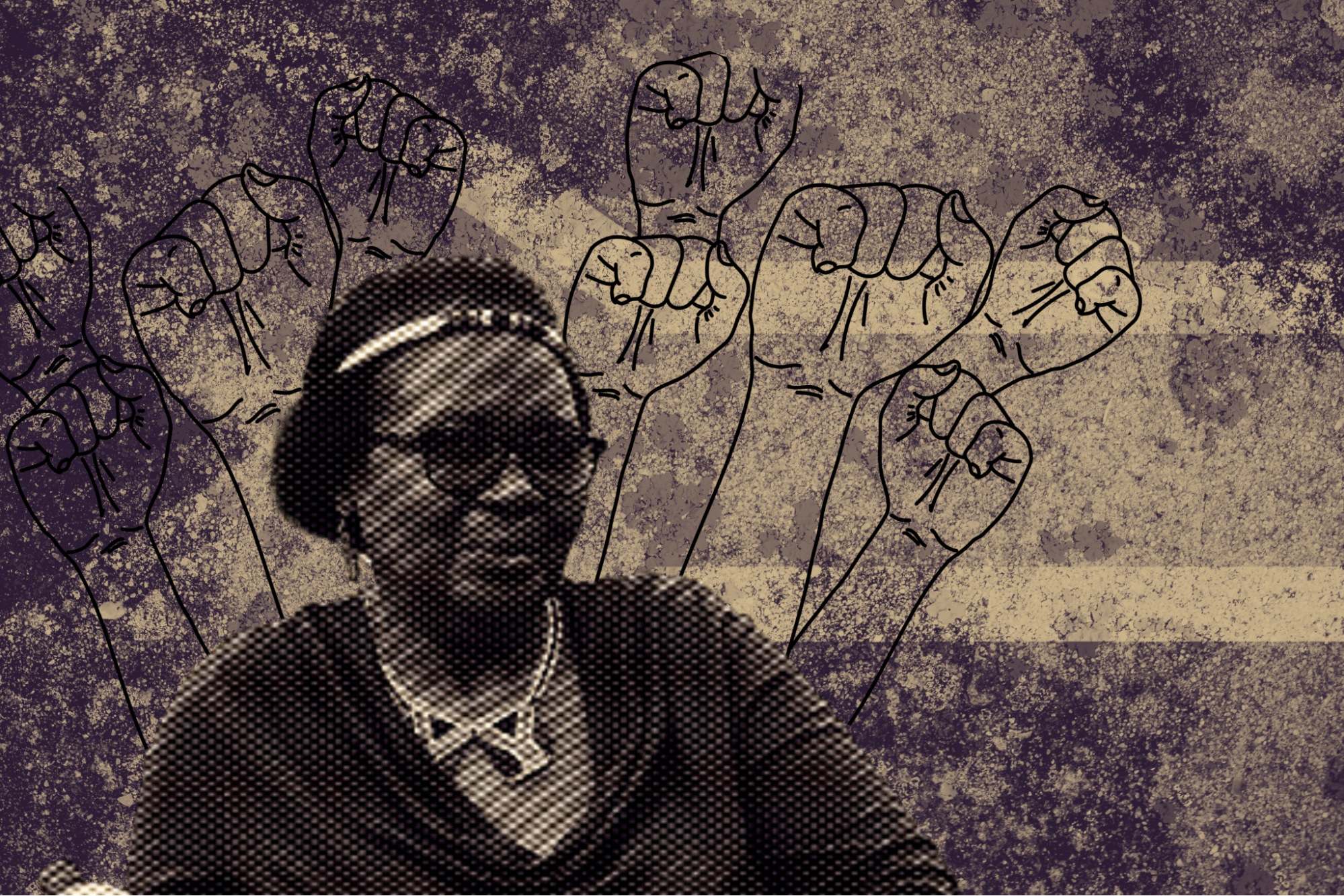Clean drinking water is the most basic of human rights so why, in 2018, do 780 million people still lack access to a safe water source? Why does one-third of the world’s population remain without adequate sanitation?
More people own a mobile phone than have access to a toilet – an uncomfortable reality reflecting the imbalance of the modern world.
The Importance of Clean Water
Access to clean water is fundamental to a good quality of life. The World Health Organization recommends between 20-50 liters of water per person, per day, to cover everything from drinking and cooking, to washing.
Without a clean water source, populations suffer from poor sanitation, disease and premature death.
However, much of the world remains without, and the consequences are severe:
- 800,000 children under the age of five die from diarrhea on an annual basis
- 88% of these deaths result from poor drinking water quality
- We could prevent 9% of all global disease, solely through improved water supplies
Unfortunately, women suffer more pronounced adverse effects; they risk infection from fecal matter every time they collect water, as well as harassment during the process. Moreover, the lost time is in affects economic opportunities, which can result in a lack of financial independence. These are disparities we must work to correct.
The Millennium Development Goal to “halve the proportion of the universal population without sustainable access to clean and safe drinking water…by 2015” pushed the agenda; however, we still have far to go.
The South African Water Crisis
Even in economically developed regions, access to drinking water is no guarantee. Droughts in Cape Town led to the city coming within hours of “Day Zero” – the moment at which a city runs dry, taps are turned off, and citizens are to queue for their daily water allowance. Rains have brought temporary relief, but only until August 2019.
Why Water Crises Will Become More Regular
The Cape Town crisis runs deeper than drought: population growth – coupled with urbanization puts increasing strain on already overburdened municipal supplies. As cities become overdeveloped, the imbalance between supply and demand increases while inadequate infrastructure cannot support the new requirements. Unsurprisingly, this issue is not limited to Africa. The USA, South America, Australia, and Asia all face a threat of water shortages.
Water is a Human Right We Must Protect
Groundwater reserves are running dry, while the glacial decline is a second invisible threat which may soon have a global impact. We must balance consumption so that communities retain – or gain – access to clean water.
Unless we modify behaviors, we will see a decline in agricultural activity; we will endure ongoing suffering, disease, and death among those who lack basic sanitation; we will run reserves dry, not realizing the gravity of the situation before it’s too late.
It is imperative we act now to protect those most at risk; as well as acknowledging the threat of a crisis to those who falsely believe they are safe.
Author
Sidrah Ahmad is a Content Strategist who confronts global issues head-on with thought-provoking articles raising awareness of potential crises. Her work encourages proactive upheaval and brings hard-hitting facts to light. The more voices behind the subject, the better.





Discussion
This is so sad I am never taking water for granted ever again!
👍
This is so sad I am never taking water for granted ever again! Why do we do this America!?!